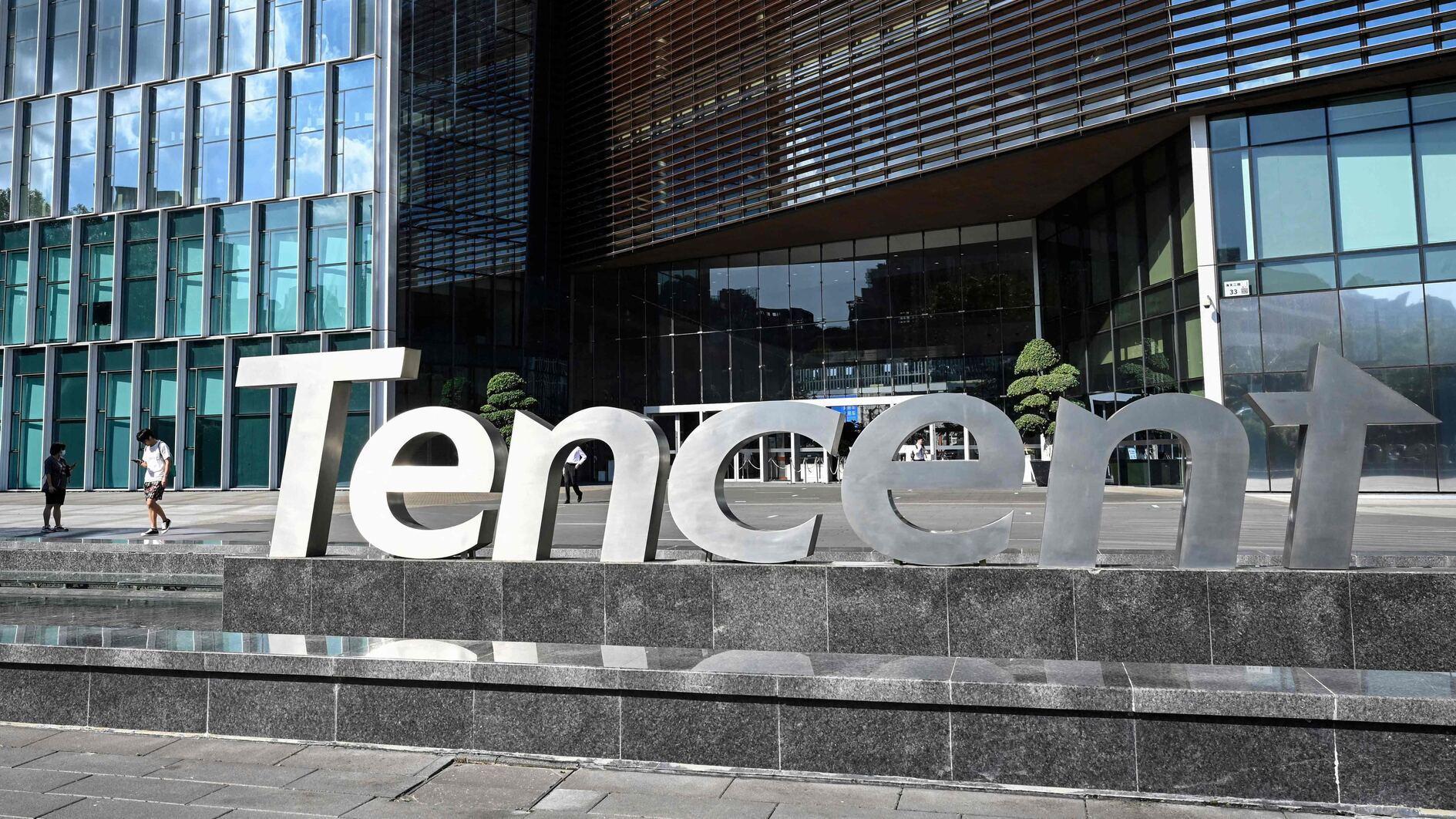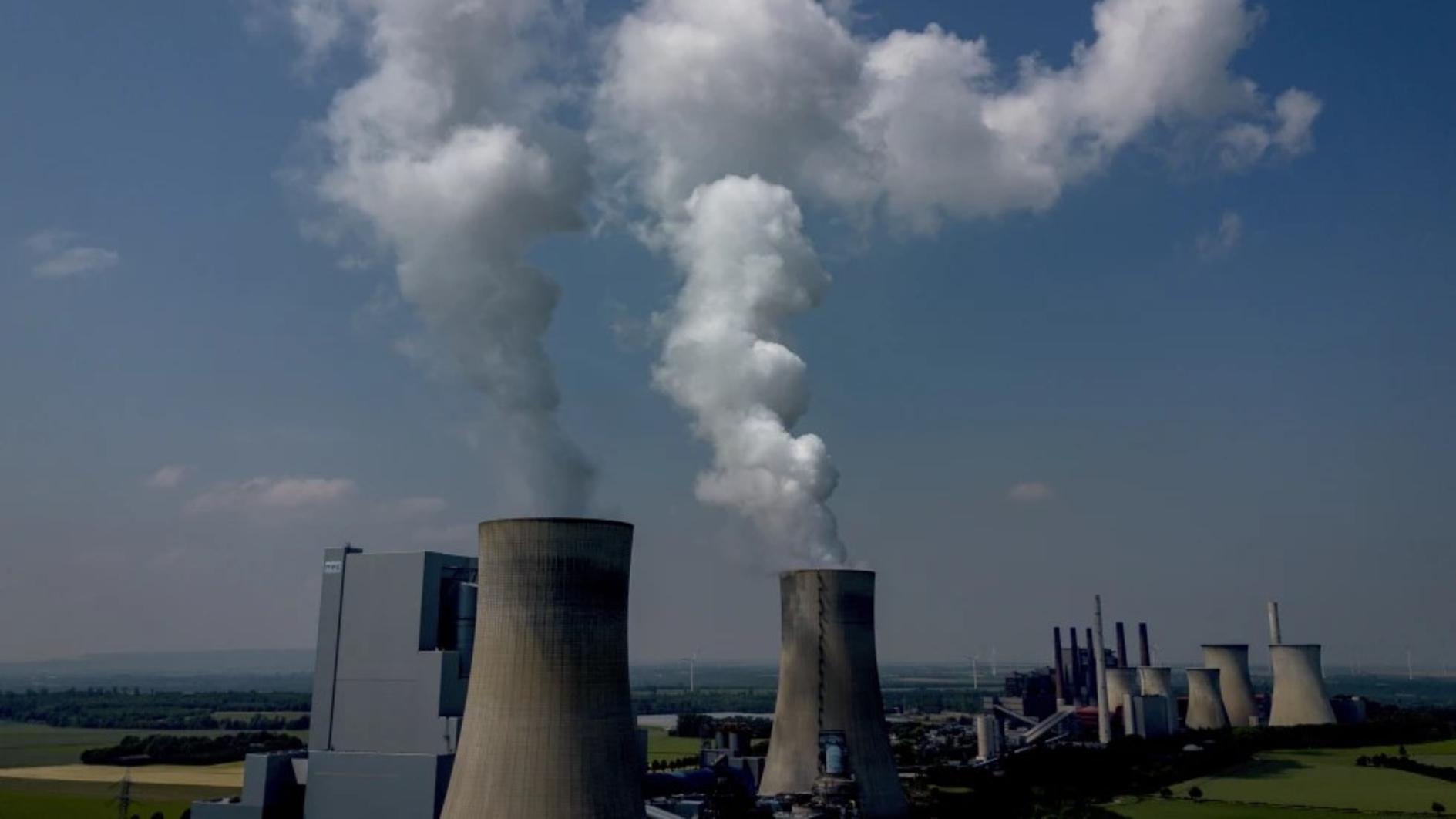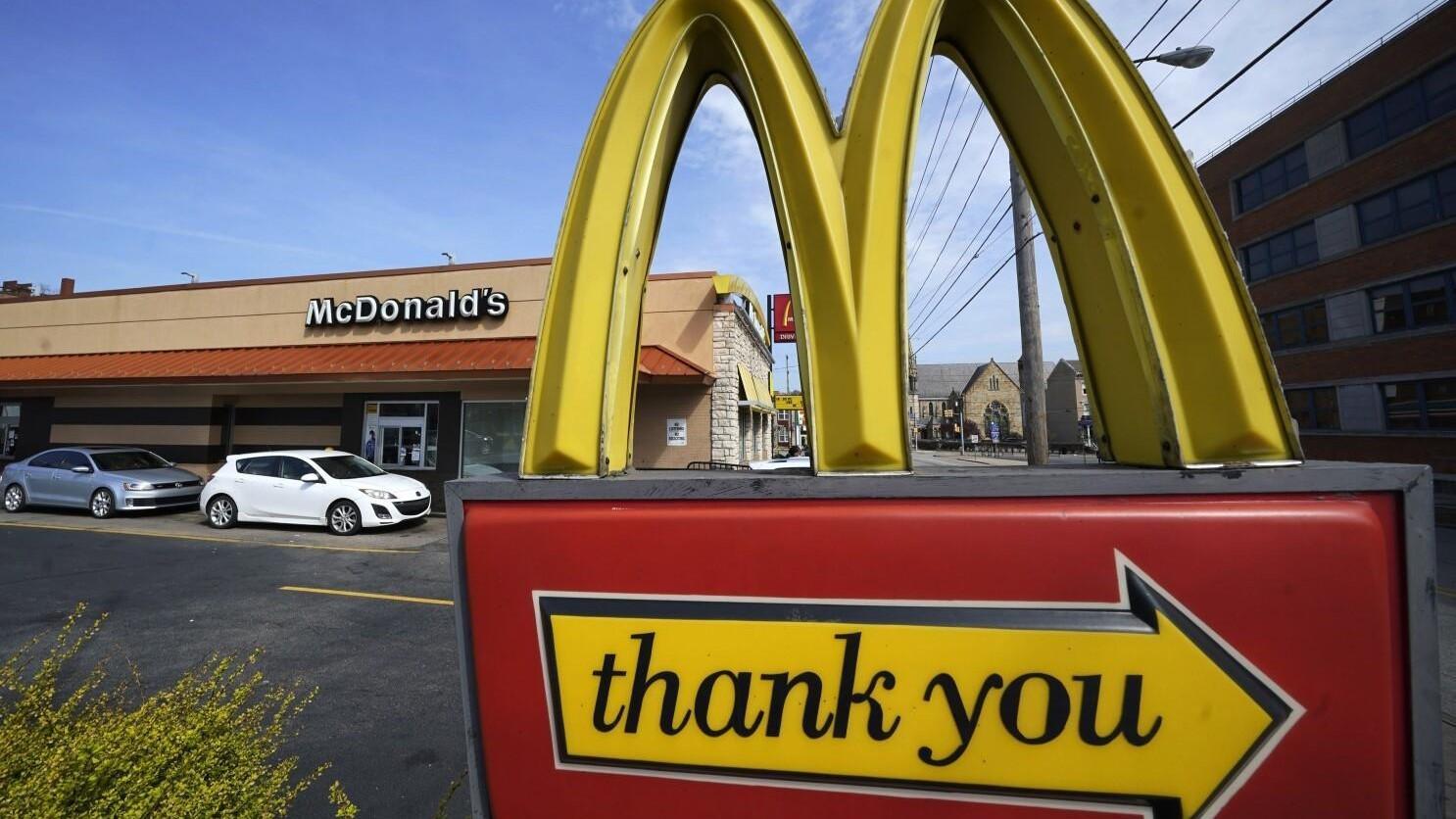Turkey’s Kurdish paradoxes
OFRA BENGİO
Turkey’s policy towards the Kurds under the Justice and Development Party (AKP) displays many paradoxes, which in turn exacerbates Ankara’s dilemmas. Domestically, the AKP government has exhibited greater liberalism and openness toward the Kurdish issue than any of its predecessors, yet the PKK’s challenge and the Kurdish national movement as a whole were significantly strengthened by the time of the AKP’s third term.Externally, the AKP started its first term by adamantly opposing relations with or recognition of the Kurdistan Regional Government (KRG) in northern Iraq, lest it become a model for emulation by its own Kurds. However, by its third term the AKP became one of the most important partners of the KRG, thus contributing to the contagious effect on Turkey’s Kurds. Similarly, one of the motives for the AKP’s marriage of convenience with Syria under Bashar al-Assad was the need to curb the PKK’s activities. However, it was this same AKP government that changed its policy 180 degrees and thus opened another Kurdish front in the south. Finally, one of the objectives for the rapprochement with Iran was the need to coordinate policies vis-à-vis the Kurds, but the growing estrangement between Ankara and Tehran has revived Iran’s support for the PKK.
When the Kurdish problem suddenly flared up in the mid-1980s it was still perceived as merely a terrorist problem that could be solved by force of arms. However, this “problem” has gradually metamorphosed into a national movement, which has had a deep impact on the entire domestic scene as well as on Turkish foreign relations.
What were the AKP’s strategies for coping with the problem? Ideologically, the AKP sought to engage the Kurdish rank and file by appealing to the Islamic bond of solidarity between Turks and Kurds. Economically, the AKP encouraged investments in the underdeveloped Kurdish eastern part of the country and opened new avenues for Kurdish businessmen and entrepreneurs. Politically, the AKP initiated in 2009 the “Kurdish opening” which appeared promising as it envisaged a peaceful solution to the problem. It even engaged secretly the PKK to this end. Indeed, the results of the elections of June 2011 left the impression that the AKP was on the right track, succeeding as it did in gaining the majority of Kurdish votes.
Shortly after this impressive success, however, a combination of internal and external factors acted in tandem to eclipse the AKP’s achievements. The AKP’s “civilian soft coup” against the Turkish military and the trials of high ranking military officers caused severe disorientation and demoralization in the army, weakening significantly its hand vis-à-vis the PKK.
The growing nationalist tendencies of the AKP also contributed to the polarization of Turkish society and to the growing rift between Turks and Kurds. So did the half-hearted gestures to the Kurds, which could no longer satisfy the national-political expectations of a movement that was on the rise.
Externally, the upheavals in Syria might well prove to be a turning point in Turkish-Kurdish relations. In fact, since the summer of 2012, the Turkish government and the militant Kurds have gone to new extremes. The PKK changed its strategy from “hit and run” to ‘’hit and stay” attacks. For its part, the Turkish army also escalated its activities against the PKK, claiming that in 5 months the army carried out 974 operations, killed 373 PKK fighters and lost 88 soldiers. These numbers might be exaggerated, but there is no doubt that a small-scale civil war is taking place.
Many Turks and Kurds have pinned their hopes in the new constitution that is currently being drafted for establishing new framework for the state-Kurds relationship. However, the latest estrangement between the parties does not create great hopes for this channel either.
Consequently, the AKP government is now in the proverbial situation of “damned if you do and damned if you don’t.” If it grants concessions to the Kurds at this specific time it will be accused of surrendering to terror. If it does not, it will provide further fuel to the Kurdish national movement.
*Ofra Bengio is a Professor at the Moshe Dayan Center for Middle East and African Studies, Tel Aviv University











